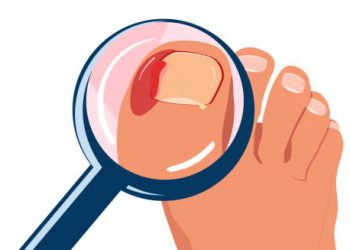Complications and Recovery from Cardiomyopathy
Complications and recovery from cardiomyopathy depend on the type and how early treatment begins. While some people live with stable disease for years, others may face serious complications from cardiomyopathy, including heart failure, arrhythmias, or stroke.
Common Complications
- Heart failure – the heart can’t pump enough blood, leading to fluid build-up, breathlessness, and fatigue
- Arrhythmias – irregular rhythms like atrial fibrillation or ventricular tachycardia may cause palpitations or fainting
- Stroke – due to blood clots formed in poorly pumping heart chambers
- Cardiac arrest – sudden loss of heart function, especially in untreated or inherited forms
- Valve problems – especially in dilated cardiomyopathy, where valves stretch and leak
- Blood clots – due to stagnation of blood in dilated or poorly contracting chambers
Recovery and Long-Term Outlook
With early diagnosis and treatment, many people can lead full lives. Recovery focuses on:
- Medication adherence
- Lifestyle changes
- Managing underlying causes like high blood pressure or diabetes
- Ongoing cardiac monitoring
For those with advanced cardiomyopathy, cardiac devices and surgery may offer dramatic improvements.
Emotional wellbeing is also important. Depression, anxiety, or fear of sudden episodes are common. Support from healthcare teams, counselling, and patient groups can make a big difference.
Complications and Recovery from Cardiomyopathy
With consistent care, many live for decades with minimal disruption. Regular follow-ups ensure that any decline is caught early.
By understanding complications and recovery from cardiomyopathy, patients and families can take proactive steps toward long-term health, stability, and peace of mind.


